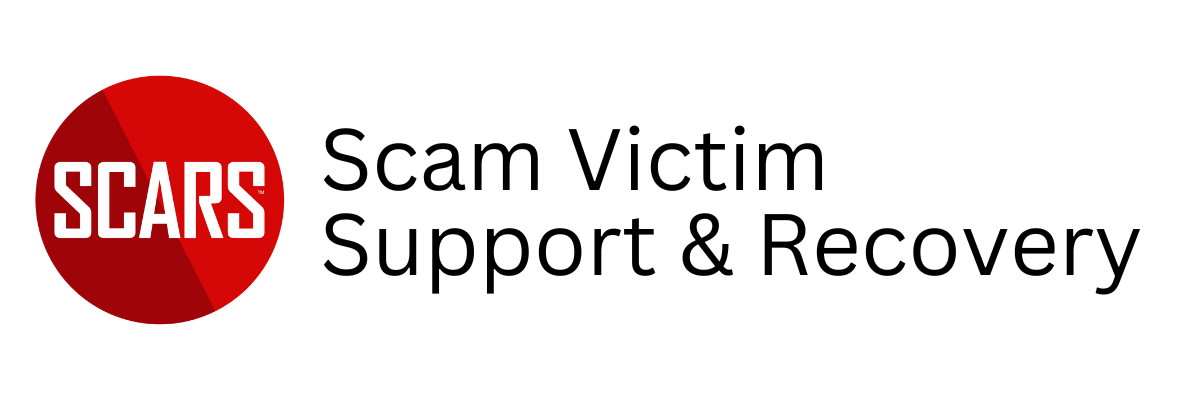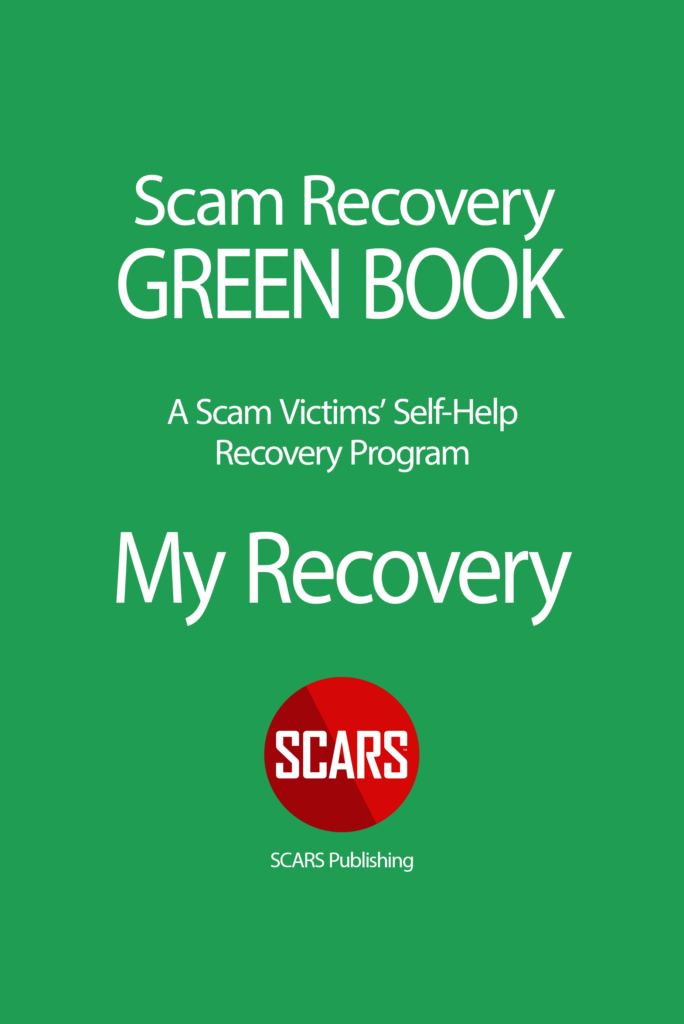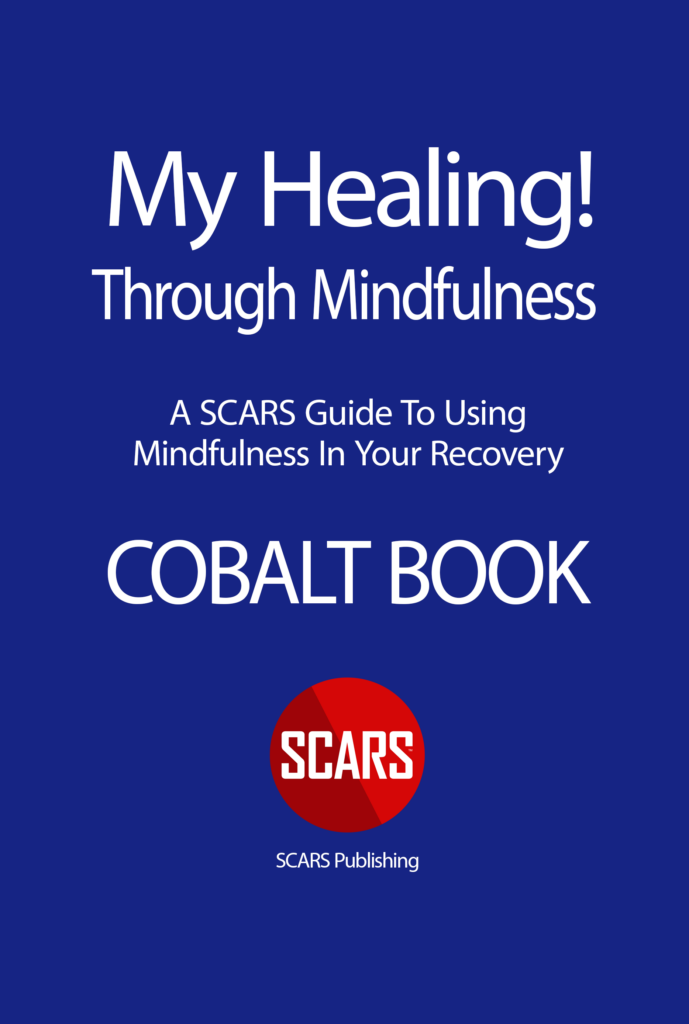People Often Cannot Recognize That They Have Depression
Helping Scam Victims Understand What Depression Is and Why So Many Survivors Cannot Recognize that they Have It!
Primary Category: Recovery Psychology
Author:
• Tim McGuinness, Ph.D. – Anthropologist, Scientist, Director of the Society of Citizens Against Relationship Scams Inc.
• National Institute of Mental Health, and other sources
About This Article
Recognizing depression, especially at its onset, can be challenging as symptoms often develop gradually. Depression, or major depressive disorder, can affect anyone, including scam victims, presenting with persistent sadness, anxiety, hopelessness, guilt, loss of interest, fatigue, cognitive issues, sleep disturbances, appetite changes, and physical discomfort.
There are two main types: major depression, which severely impacts daily activities for at least two weeks, and persistent depressive disorder, with milder symptoms lasting at least two years. The difficulty in recognizing depression is compounded by factors like self-blame, a bleak perspective, internalized stigma, and cognitive impairment.
These elements can cause individuals to misattribute their symptoms to personal flaws or external circumstances, delaying crucial support.
If symptoms persist, consulting a healthcare provider is essential for timely intervention and recovery. Encouraging someone showing signs of depression to seek professional help is vital, as untreated depression can worsen, and peer discussions without professional guidance can increase trauma, especially for scam victims.

Recognizing if You have Depression isn’t always straightforward, particularly at its onset.
Depression does not just apply to scam victims, it can strike anyone!
Introduction
Depression, also known as major depressive disorder, is a serious mood disorder that can affect people in different ways. Some common signs and symptoms of depression include:
- Mood: A persistent sad, anxious, or “empty” mood, feelings of hopelessness or pessimism, or irritability, frustration, or restlessness
- Emotions: Feelings of guilt, worthlessness, or helplessness, low self-esteem, feeling tearful, or having suicidal thoughts
- Interests: Loss of interest or pleasure in hobbies and activities, or not getting any enjoyment out of life
- Energy: Fatigue, lack of energy, or feeling slowed down
- Cognition: Difficulty concentrating, remembering, or making decisions
- Sleep: Difficulty sleeping, waking too early in the morning, or oversleeping
- Appetite: Changes in appetite or unplanned weight changes
Different Types of Depression
There are two common types of depression.
Major depression includes symptoms of depressed mood or loss of interest, most of the time for at least 2 weeks, that interfere with daily activities.
Persistent depressive disorder (also called dysthymia or dysthymic disorder) consists of less severe depression symptoms that last much longer, usually for at least 2 years.
Signs and Symptoms of Depression
Common signs and symptoms of depression include:
- Persistent sad, anxious, or “empty” mood
- Feelings of hopelessness or pessimism
- Feelings of irritability, frustration‚ or restlessness
- Feelings of guilt, worthlessness, or helplessness
- Loss of interest or pleasure in hobbies and activities
- Fatigue, lack of energy, or feeling slowed down
- Difficulty concentrating, remembering, or making decisions
- Difficulty sleeping, waking too early in the morning, or oversleeping
- Changes in appetite or unplanned weight changes
- Physical aches or pains, headaches, cramps, or digestive problems without a clear physical cause that do not go away with treatment
- Thoughts of death or suicide or suicide attempts
Depression can also involve other changes in mood or behavior that include:
- Increased anger or irritability
- Feeling restless or on edge
- Becoming withdrawn, negative, or detached
- Increased engagement in high-risk activities
- Greater impulsivity
- Increased use of alcohol or drugs
- Isolating from family and friends
- Inability to meet responsibilities or ignoring other important roles
- Problems with sexual desire and performance
Why Do People Deny It?
Instead of hitting all at once, symptoms of depression often trickle in gradually, making it hard to pinpoint. Even when looking back, identifying a bout of major depression may not be as clear-cut as it seems.
Why? Because several aspects inherent to depression make the challenge of recognizing it far from easy.
For many individuals, these factors prolong their suffering without grasping the nature of their ordeal, hindering them from seeking the necessary support. Here are four elements contributing to this dilemma:
- Self-Blame: Depression frequently creates a deeply negative self-perception, sometimes escalating to self-hatred. These sentiments hinder individuals from recognizing them as symptoms of depression, as they appear distressingly valid. Amidst depression’s grip, one might perceive the issue not as thinking they’re worthless, but truly believing they are.
Similarly, other depressive symptoms might be dismissed as personal flaws; excessive sleep may be labeled as “laziness,” increased appetite as “poor self-control,” and low motivation as “lack of discipline.”
- Bleak Perspective: Depression often brings about a pessimistic worldview, which feels as genuine as one’s negative self-view. The despair and hopelessness accompanying low moods might seem justified to those experiencing depression.
Consequently, attributing their low spirits to depression might not occur to the sufferer as they perceive it as an accurate reflection of the world’s miserable state. This perspective blinds them to the depressive lens through which they view the world.
- Internalized Stigma: Despite progress, mental health diagnoses like depression still face significant stigma. Those grappling with depression may fear being viewed as “weak” or inadequate in managing their mental well-being. Such negative perceptions often lead individuals to internalize these biases, adding to their self-doubt.
When depression symptoms surface, individuals often subconsciously seek alternative explanations to evade the stigma associated with mental illness. For instance, they might attribute their lethargy and lack of motivation to poor sleep, disregarding depression as a plausible cause.
- Cognitive Impairment: Depression often clouds thinking and impairs decision-making abilities, making it challenging to recognize the constellation of symptoms as depression.
If you’ve been feeling persistently low or disinterested in things that once brought joy, it might be wise to consult a healthcare professional. Opening up to the possibility of depression isn’t a sign of personal failure; it’s an essential step toward finding relief. Remember, identifying the issue sooner leads to swifter intervention and recovery.
Summary
Not everyone who is depressed shows all these symptoms. Some people experience only a few symptoms, while others experience many. Depression symptoms interfere with day-to-day functioning and cause significant distress for the person experiencing them.
If you show signs or symptoms of depression and they persist or do not go away, talk to a healthcare provider. If you see signs of depression in someone you know, encourage them to seek help from a mental health professional.
Please note: depression does not just go away by itself, it needs help. Also, if you are a scam victim suffering depression symptoms, talking to other scam victims is not going to help, in fact it can make it worse and increase trauma unless you are careful and under the care of a professional therapist.
Important Information for New Scam Victims
- Please visit www.ScamVictimsSupport.org – a SCARS Website for New Scam Victims & Sextortion Victims
- SCARS Institute now offers a free recovery program at www.SCARSeducation.org
- Please visit www.ScamPsychology.org – to more fully understand the psychological concepts involved in scams and scam victim recovery
If you are looking for local trauma counselors please visit counseling.AgainstScams.org or join SCARS for our counseling/therapy benefit: membership.AgainstScams.org
If you need to speak with someone now, you can dial 988 or find phone numbers for crisis hotlines all around the world here: www.opencounseling.com/suicide-hotlines
More Depression Related Information:
- Susceptibility To Deception/Scams/Fraud With Victims Who Also Suffer From Mental Disorders – 2024 (scamsnow.com)
- Toxic Self-Narratives That Feeds Depression in Scam Victims 2023 (scamsnow.com)
- Trauma & Nutritional Health – Take Your Vitamins – 2023 (scamsnow.com)
- Scam Victim Stress – The Psychological, Cerebral, and Physiological Effects – 2024 (scamsnow.com)
- Helping Scam Victims Understand The Social Isolation Risks After A Relationship Scam – 2024 (scamsnow.com)
- The Self-Pity Trap & How To Overcome It (scamsnow.com)
- Relationship Scam Victims – Impact On Employment And Jobs – Saving Employment After A Scam (scamsnow.com)
- Substance Abuse Susceptibility And Scam Victims – 2024 (scamsnow.com)
Statement About Victim Blaming
Some of our articles discuss various aspects of victims. This is both about better understanding victims (the science of victimology) and their behaviors and psychology. This helps us to educate victims/survivors about why these crimes happened and to not blame themselves, better develop recovery programs, and to help victims avoid scams in the future. At times this may sound like blaming the victim, but it does not blame scam victims, we are simply explaining the hows and whys of the experience victims have.
These articles, about the Psychology of Scams or Victim Psychology – meaning that all humans have psychological or cognitive characteristics in common that can either be exploited or work against us – help us all to understand the unique challenges victims face before, during, and after scams, fraud, or cybercrimes. These sometimes talk about some of the vulnerabilities the scammers exploit. Victims rarely have control of them or are even aware of them, until something like a scam happens and then they can learn how their mind works and how to overcome these mechanisms.
Articles like these help victims and others understand these processes and how to help prevent them from being exploited again or to help them recover more easily by understanding their post-scam behaviors. Learn more about the Psychology of Scams at www.ScamPsychology.org
SCARS Resources:
- Getting Started: ScamVictimsSupport.org
- FREE enrollment in the SCARS Institute training programs for scam victims SCARSeducation.org
- For New Victims of Relationship Scams newvictim.AgainstScams.org
- Subscribe to SCARS Newsletter newsletter.againstscams.org
- Sign up for SCARS professional support & recovery groups, visit support.AgainstScams.org
- Find competent trauma counselors or therapists, visit counseling.AgainstScams.org
- Become a SCARS Member and get free counseling benefits, visit membership.AgainstScams.org
- Report each and every crime, learn how to at reporting.AgainstScams.org
- Learn more about Scams & Scammers at RomanceScamsNOW.com and ScamsNOW.com
- Learn more about the Psychology of Scams and Scam Victims: ScamPsychology.org
- Self-Help Books for Scam Victims are at shop.AgainstScams.org
- Donate to SCARS and help us help others at donate.AgainstScams.org
- Worldwide Crisis Hotlines: International Suicide Hotlines – OpenCounseling : OpenCounseling
- Campaign To End Scam Victim Blaming – 2024 (scamsnow.com)
Psychology Disclaimer:
All articles about psychology and the human brain on this website are for information & education only
The information provided in this and other SCARS articles are intended for educational and self-help purposes only and should not be construed as a substitute for professional therapy or counseling.
Note about Mindfulness: Mindfulness practices have the potential to create psychological distress for some individuals. Please consult a mental health professional or experienced meditation instructor for guidance should you encounter difficulties.
While any self-help techniques outlined herein may be beneficial for scam victims seeking to recover from their experience and move towards recovery, it is important to consult with a qualified mental health professional before initiating any course of action. Each individual’s experience and needs are unique, and what works for one person may not be suitable for another.
Additionally, any approach may not be appropriate for individuals with certain pre-existing mental health conditions or trauma histories. It is advisable to seek guidance from a licensed therapist or counselor who can provide personalized support, guidance, and treatment tailored to your specific needs.
If you are experiencing significant distress or emotional difficulties related to a scam or other traumatic event, please consult your doctor or mental health provider for appropriate care and support.
If you are in crisis, feeling desperate, or in despair please call 988 or your local crisis hotline.
-/ 30 /-
What do you think about this?
Please share your thoughts in a comment below!
More ScamsNOW.com Articles
SCARS LINKS: AgainstScams.org RomanceScamsNOW.com ContraEstafas.org ScammerPhotos.com Anyscam.com ScamsNOW.com
reporting.AgainstScams.org support.AgainstScams.org membership.AgainstScams.org donate.AgainstScams.org shop.AgainstScams.org
youtube.AgainstScams.org linkedin.AgainstScams.org facebook.AgainstScams.org














Leave A Comment